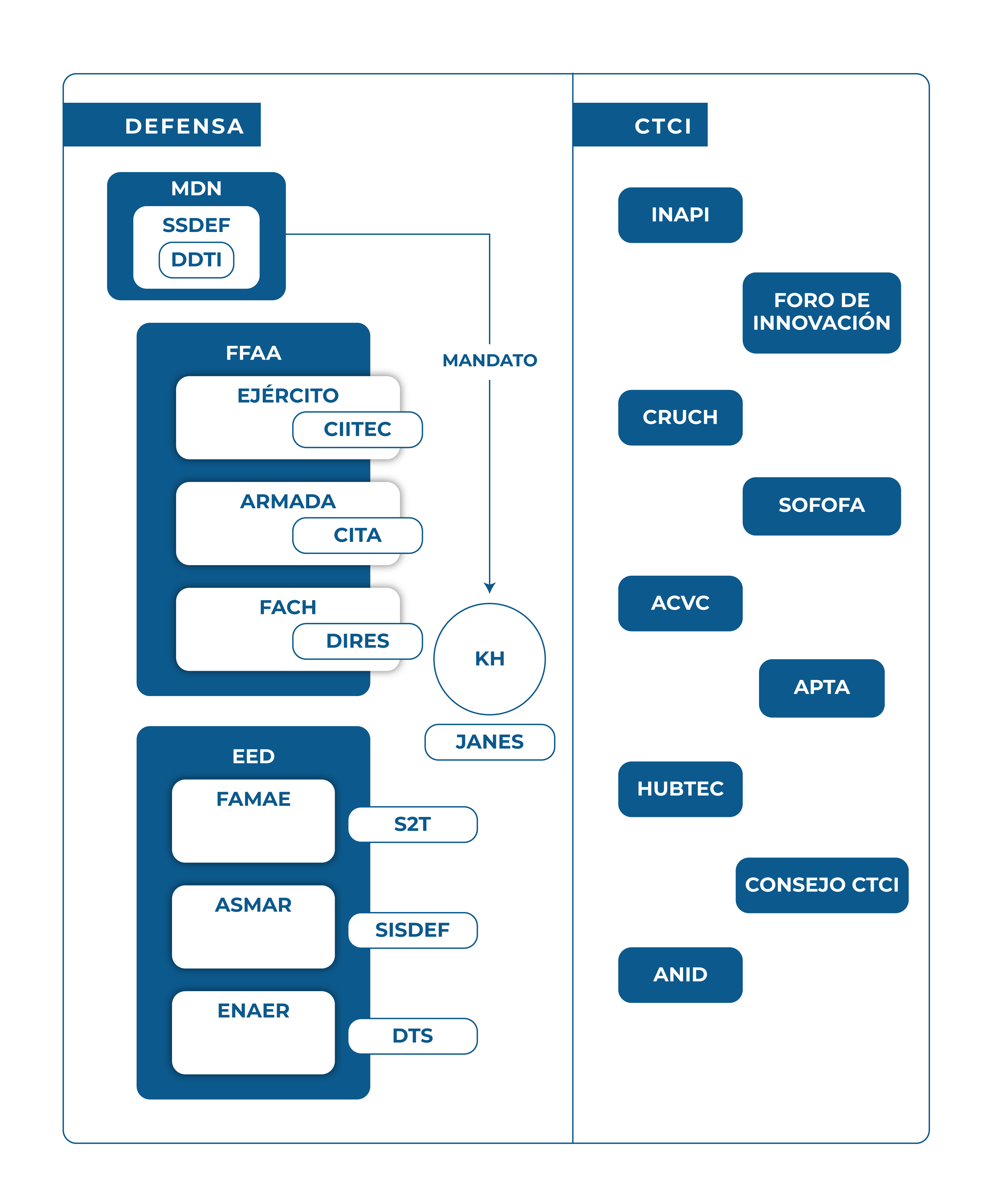November 19th is internationally recognized as Women’s Entrepreneurship Day. Established in 2014 by the United Nations Council, the Women’s Entrepreneurship Day seeks to raise awareness in society of the obstacles and difficulties that exist for women who want to become entrepreneurs, both at a business and financial level. A path that can be even more challenging when it comes to science- and technology-based companies.
In 2014, the United Nations Council established November 19th as Women’s Entrepreneurship Day to raise awareness of what entrepreneurship means for women. The objective is to raise awareness of the obstacles and difficulties that exist at the business and financial level for women who want to become entrepreneurs, as well as to contribute to women’s empowerment in the global business environment.
The obstacles and difficulties may be even greater when it comes to science- and technology-based companies. In Chile, according to figures from the Ministry of Science in 2021, only 11% of the science- and technology-based companies are led by women and 15% have mixed leadership. While 36% of these ventures do not have any women among their employees.
Why are there few science- and technology-based companies led by women? Among the reasons is the fact that science- and technology-based companies led by women focus on biotechnology and health areas. In contrast, the areas led by men span various fields of knowledge, explains Jovanka Trebotich, Innovation Coordinator of Know Hub Chile, an institution that since 2018 coordinates the various actors of the innovation ecosystem in order to transform research results into products or services, that is, into innovation. It is born from one of the public policy initiatives that seeks to transform Chile into a knowledge-based economy and society, and it has partnerships with eight universities and three research centers/institutes.
“They are also shown to be more incipient – less than 5 years old – and without sales. Lastly, multiple studies indicate that there is a gap in access to private capital, not only in Chile, but in Latin America in general,” notes Trebotich.
The study also shows that these ventures represent a high percentage among those with no sales in 2020 (51%) and are companies that invested lower amounts and obtained less investment: 32% invested more than USD 500,000 (versus 56% of men). Meanwhile, only 9% obtained investments for more than USD 500,000 (versus 42% of men). They also had greater access to public funding (84%) and their evaluation of it is more favorable (60%).
Women in Science and Technology-based Companies (EBCT)
EBCT are major actors in transforming the scientific knowledge generated in universities, research centers, and companies into applications with transformative potential and with social and economic impact. A key element not only for growth, but also for diversifying the country’s economy and providing solutions to the socio-environmental problems it is currently facing and will continue to face.
How to face this challenge? Trusting is the first step, says Sol Uribe, Innovation Manager at Know Hub Chile. “Trusting in their capabilities. In the field of science and technology, women have historically been underrepresented, and today, because more women have ventured into the field, this is changing,” she explains.
To change and improve our society, Uribe adds, we need new female leadership, new technologies and ideas that have an impact. “Therefore, if you want to be a scientific-technological entrepreneur, connect with networks of mentors, supporting institutions, and contacts that can strengthen your idea, develop leadership skills, and don’t be afraid of failure,” she stresses.
Although the path of entrepreneurship is a challenging one, it is full of opportunities and personal growth, adds Fernanda Maldonado, Innovation Manager at Know Hub Chile. To her, keeping in mind the goal of entrepreneurship is key, which has to be in line with the passion of entrepreneurial women, so that each challenge is a learning opportunity. “Although entrepreneurs often go through difficult times, one should not give up. The world needs brilliant minds that show us that science is the key to innovation,” she assures.
“Fall in love with the problem and iterate on your solution and business model as many times as necessary. Finally, remember that the entrepreneurial journey is unique, and there is always room for growth and learning,” emphasizes Uribe. “At Know Hub Chile, we not only contribute to the formation and consolidation of EBCTs led by women, but we also make these ventures visible so that they become references for many girls and young women so that they can see that the path of entrepreneurship is one of many options for professional growth and development,” says Trebotich.




